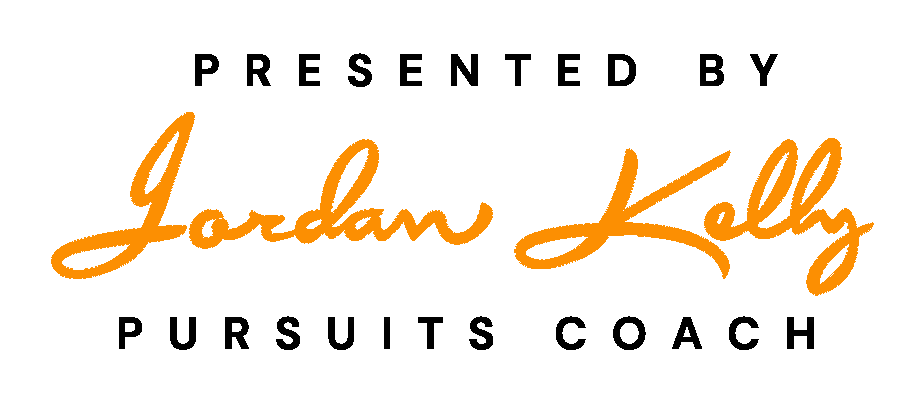CATEGORIES:

"Primary" information is that which is obtained first-hand . . . straight "from the horse’s mouth" or direct from the source.
This is the information you derive and capture from conversations with customer representatives, user group members and other stakeholders. It’s your direct observations and insights.
“Secondary” information is that which you source already formed, published or otherwise documented – “ready packaged”, so to speak. It’s the policy documents, the website content, the white papers, the media coverage, the consultant’s reports (i.e. if not commissioned by you).
Make extensive use of both. It is usually best to precede your primary information endeavours with collection of secondary information. This provides an informed starting point and allows you to ask quality questions of your prospective client or customer.
THINK & WIN BIDS
Winning High-Value, High-Stakes Bids Through Superior Questioning, Listening & Thinking Skills
(Book)
The three fundamental skills of a successful bid leader and strategist are the ability to think, to listen and to ask quality questions.
Better still, if all members of a bid team understand the role of those fundamentals in formulating a successful bid.
Available both individually and as a six-pack (six books for the price of five), Think and Win Bids is ideal to ensure everyone is "on the same page".
BID COMMANDOS
On-Target Strategy for Mission-Critical Bids

(Training Program)
BID COMMANDOS is my "blockbuster", comprehensive, 11-module training program.
It's intricately formulated to ensure your team excels at every stage of a formal bidding process . . . from the initial bid/no bid analysis, through research and intelligence-gathering, through the strategy development and documentation process, through strategic and compelling writing and competent editing, and on through the shortlistee presentation stage, right through to optimisation of client de-briefing session/s.



